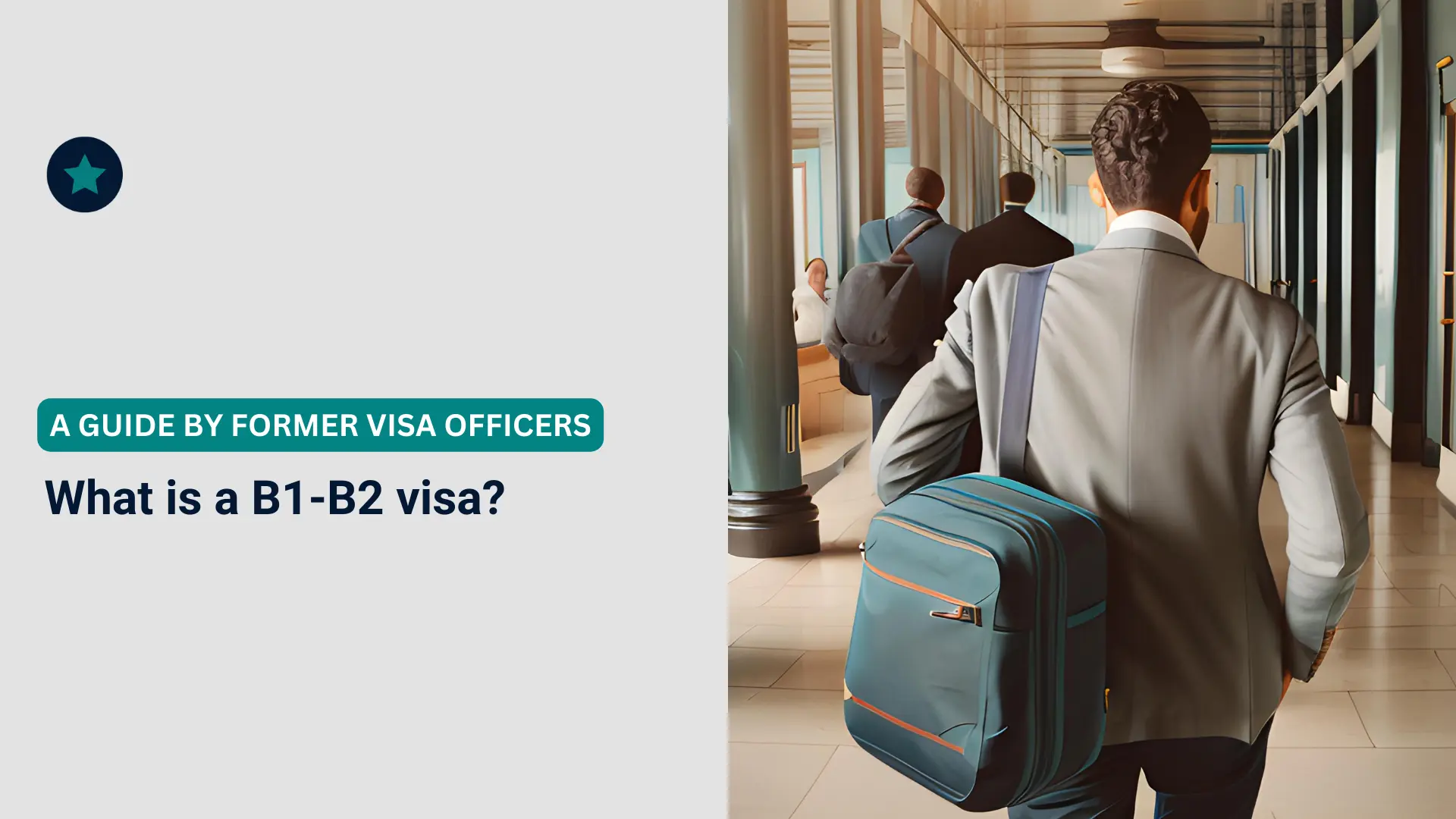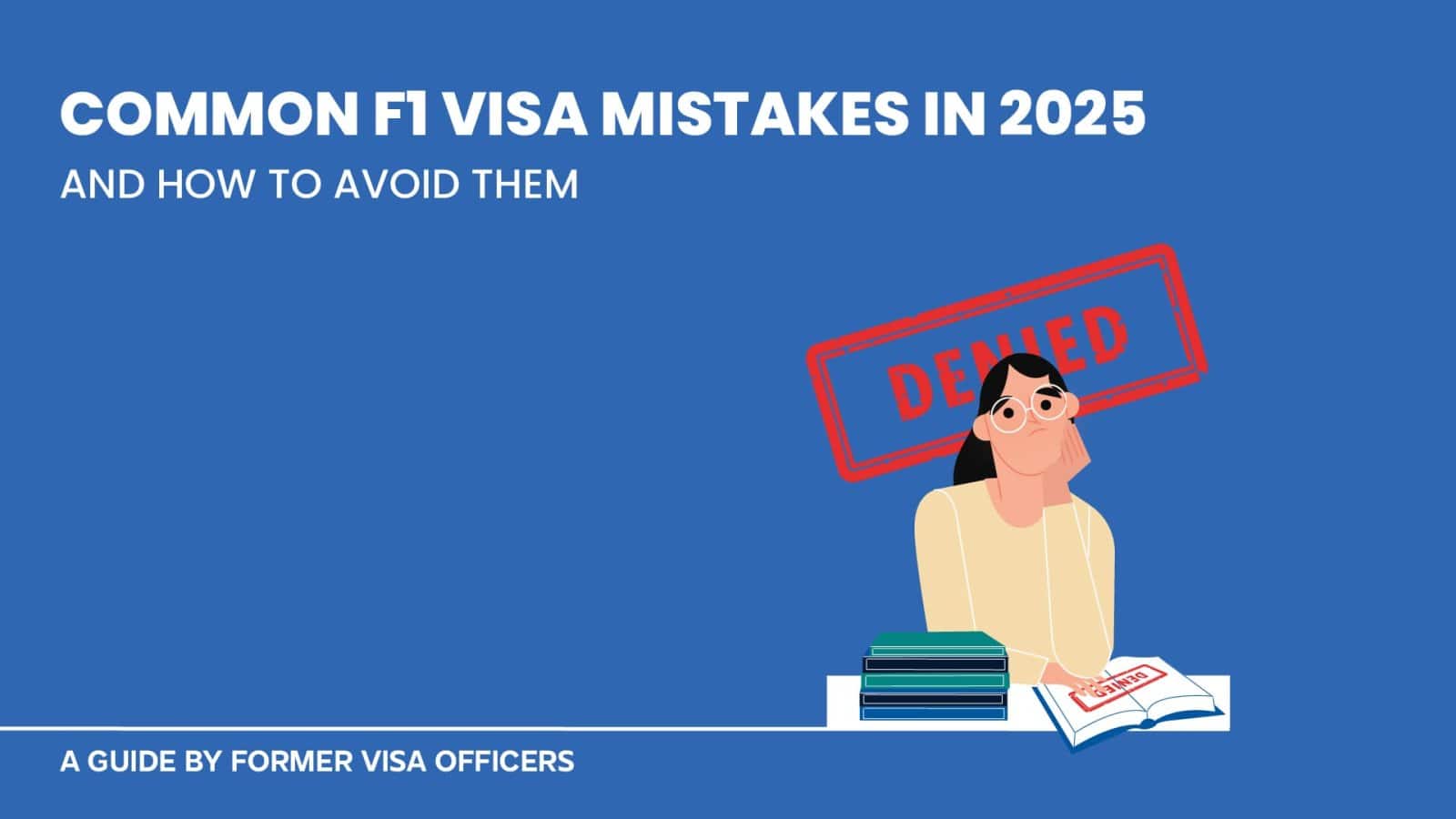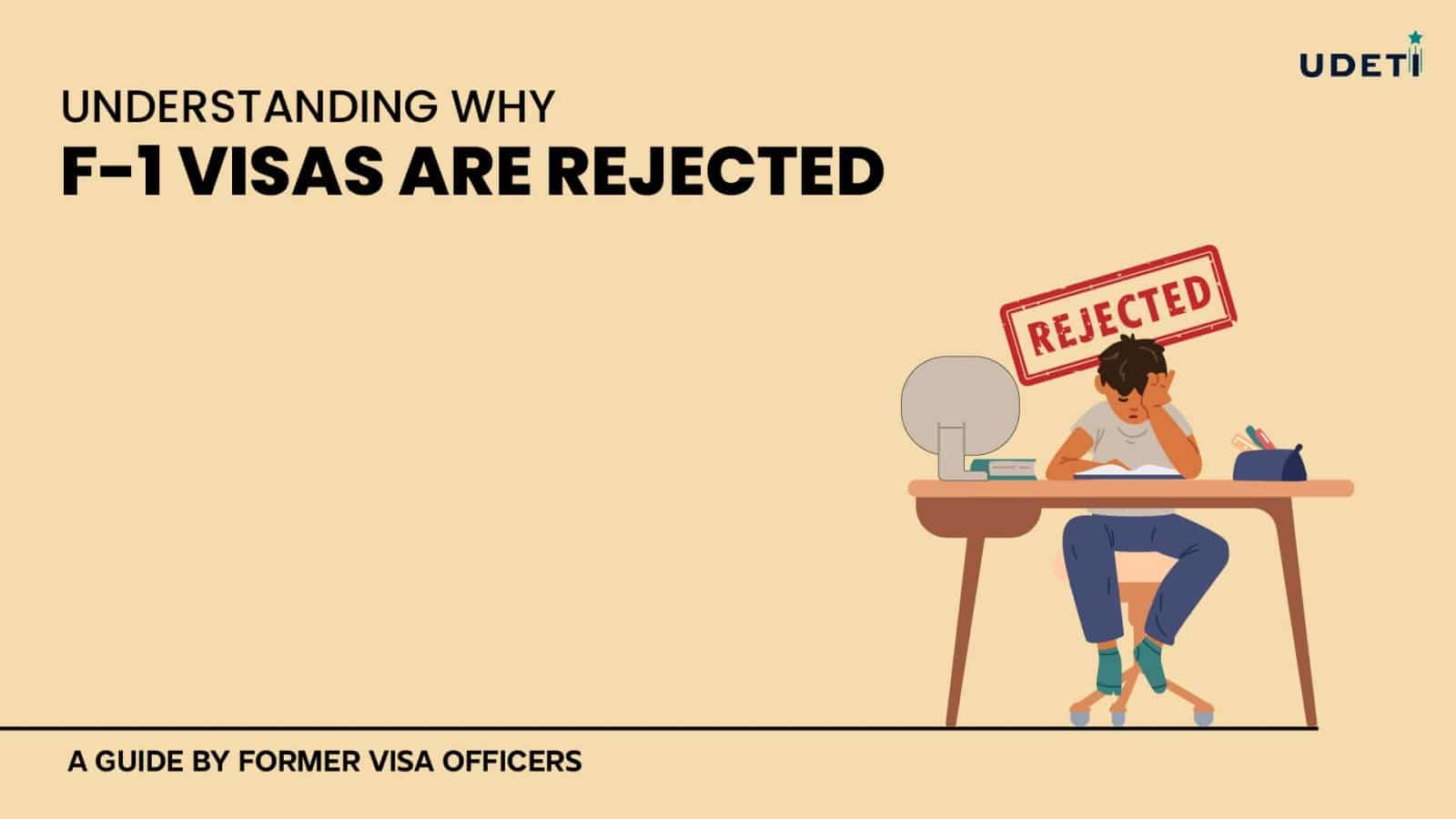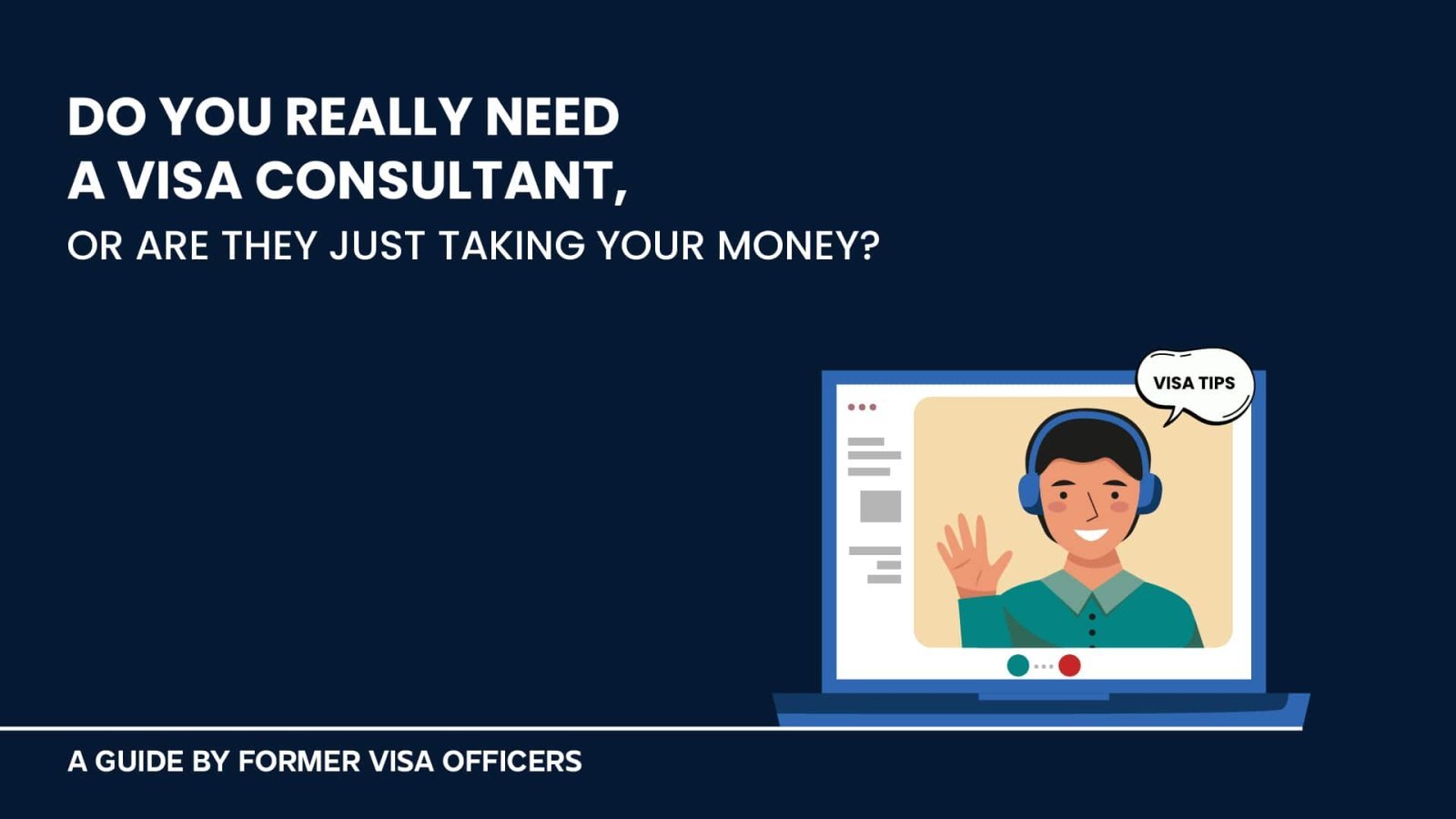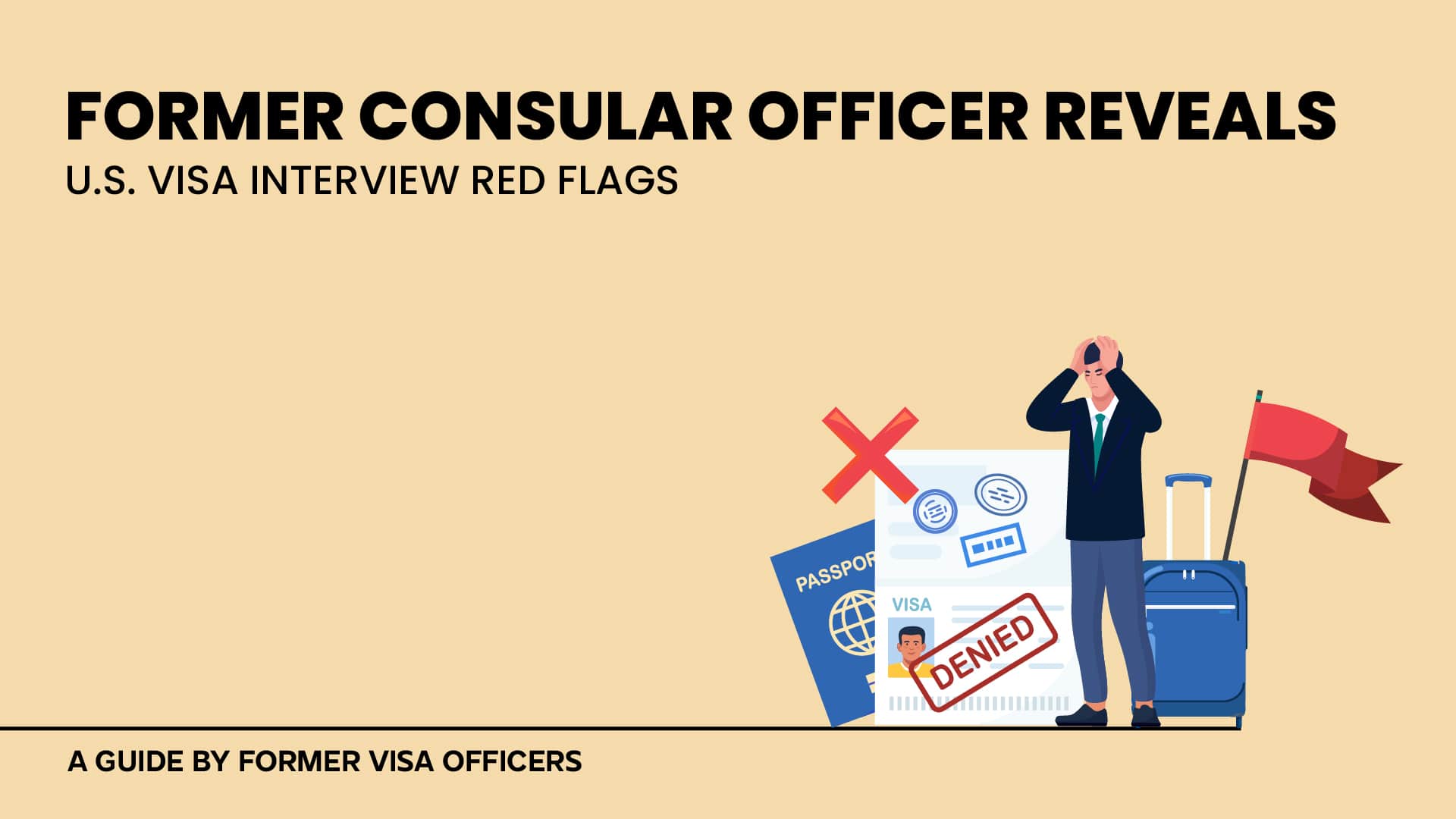A B1-B2 visa is a non-immigrant visa that allows you to travel to the United States for business or tourism purposes. It is the most common type of visa issued to foreign nationals who want to visit the United States.
A B1 visa is a visa for business purposes, while a B2 visa is a visa for tourism or medical treatment. With a B1-B2 visa, you can do both business and tourism in the United States. The B1-B2 is generally given together.
Who is eligible for a B1-B2 visa?
In addition to the general requirements for all non-immigrant visas, there are some specific requirements that you must meet to be eligible for a B1-B2 visa. These include:
- You must be a citizen of a country that requires a visa to travel to the United States. If you are a citizen of a country that is part of the Visa Waiver Program, you do not need a visa to travel to the United States for tourism or business purposes. However, you may still need to apply for ESTA authorization.
- You must have a valid passport. Your passport must be valid for at least six months after your intended date of departure from the United States.
- You must have a clean criminal record. You must not have any criminal convictions that would make you inadmissible to the United States.
- You must have strong ties to your home country. This means that you have a job, property, or family in your home country that you will be returning to after your visit to the United States.
If you meet all of these requirements, you will be eligible to apply for a B1-B2 visa. However, it is important to note that the final decision of whether or not to grant you a visa is up to the consular officer who interviews you.
Here are some additional things to keep in mind when applying for a B1-B2 visa:
- You must be able to discuss your strong ties to your home country. This means that you have a job, property, or family that you will be returning to after your visit.
- You must be able to prove that you have enough money to support yourself during your visit. This means that you have enough money saved up to cover your travel expenses, accommodation, and living expenses.
If you have any further questions about the B1-B2 visa eligibility requirements, we encourage you to read more about the Visitor visa on travel.state.gov website.
What a B1-B2 Visa Allows You to Do?
A B1-B2 visa allows you to travel to the United States for business or tourism purposes. With a B1 visa, you can do the following in the United States:
- Attend conferences or meetings
- Negotiate contracts
- Set up or close a business
- Invest in a business
- Consult with business associates
- Travel for a scientific, educational, professional, or business convention, or a conference on specific dates
- Settling an estate
- Inspecting or servicing equipment
- Purchasing goods or services
- Training employees
With a B2 visa, you can do the following in the United States:
- Visit friends or family
- Sightseeing
- Attend sporting events or concerts
- Get medical treatment
- Study at a non-academic institution
- Participate in recreational activities
It is important to note that you cannot do what is considered “productive work” in the United States on a B1-B2 visa. If you want to work in the United States, you will need to apply for a different type of visa, such as an H-1B visa or an L-1 visa.
The length of stay for a B1-B2 visa is typically 6 months, but it can be extended for up to 1 year. You would need to apply for an extension, which is generally only granted for emergencies or extenuating circumstances. Applying for an extension could impact future B1-B2 applications as officers would wonder why anyone would need to stay in the U.S. for that long.
Need to speak to a former U.S. consular officer?
How to Apply for a B1-B2 Visa?
To apply for a B1-B2 visa, you must follow these steps:
- Check the eligibility requirements. Make sure that you meet all of the eligibility requirements for a B1-B2 visa before you start the application process.
- Gather the required documents. You will need to gather the following documents to apply for a B1-B2 visa:
- A visa application form (DS-160)
- A passport photo
- Proof of your identity and citizenship
- Other documents, such as a letter from your employer or a medical report. While these documents are generally not reviewed, we recommend that you have relevant documents with you at the interview. For example, if going for medical reasons documents from doctors in both U.S. and home country, if going for business-related reasons, an itinerary
- Schedule an appointment. You can schedule an appointment to apply for a B1-B2 visa at the nearest U.S. embassy or consulate in your home country.
- Attend your appointment. When you attend your appointment, you will be interviewed by a consular officer. The consular officer will ask you questions about your purpose of travel and your ties to your home country.
- Receive your decision. The consular officer will make a decision on your visa application after your interview. If your application is approved, you will be issued a visa.
The application process for a B1-B2 visa can take several weeks or months. It is important to start the application process early, especially if you are traveling to the United States for a specific event or date.
Here are some additional tips for applying for a B1-B2 visa:
- Be prepared to answer questions about your purpose of travel and your ties to your home country.
- Bring all of the required documents to your appointment.
- Dress professionally and be respectful to the consular officer.
If you have any further questions about the B1-B2 visa application process, we encourage you to read more about the Visitor visa on travel.state.gov website.
B1-B2 Visa Denial Rates & Common Mistakes
Denial rates for the B1-B2 visa category can be significant, reaching upwards of 50% in some countries. According to the US Department of State, the adjusted refusal rate for B-visas (which includes both B1 and B2 visas) varies by nationality.
As per the most recent and accurate data available for the countries from fiscal year 2019, where the refusal rate for India was 27.75% and for the Philippines it was 24.40%, for Bangladesh it was 39.78% and for Singapore it was 18.07%. You can find more detailed information about the refusal rates for other countries at travel.state.gov. Understanding common mistakes made by applicants can help improve your chances of a successful B1-B2 visa application.
Common Mistakes for B1-B2 Business Traveler Applicants:
1. Inability to Describe the Purpose of Travel: Many applicants struggle to clearly articulate the purpose of their business-related trip, such as conferences, agenda, training, or meetings, leading to confusion for the consular officer. They lack a detailed agenda for their trip.
2. Lack of Specific Timeframe: Applicants may not have a definite timeframe for their stay in the U.S., or their proposed timeframe might not align logically with their stated purpose of travel.
3. Providing Generic Answers: Offering vague or generic responses during the visa interview can raise doubts about the authenticity of the applicant’s intentions.
4. Mismatch Between Purpose of Travel and Work Profile: The purpose of travel for business reasons should align with the applicant’s job responsibilities or industry, and discrepancies in this regard can lead to a visa denial.
5. Insufficient Ties to Home Country: Being unable to convincingly discuss strong ties to their home country may create doubts about the applicant’s intent to return after their visit to the United States.
Common Mistakes for B1-B2 Leisure Travelers:
1. Lack of Specific Itinerary or Timeframe: Leisure travelers should have a clear itinerary and timeframe for their travel plans, and failure to provide this information can raise concerns about the legitimacy of their trip.
2. Lack of Truthfulness or Vagueness About Ties to the U.S.: Applicants should be honest and transparent about their connections to the United States or anyone they know in the country.
3. Cultural Differences: Mentioning reasons for travel that are culturally significant in the applicant’s home country but not easily understandable to U.S. consular officers can lead to confusion and potential visa denials.
4. Unclear Financial Provisions: Leisure travelers need to be able to discuss how they will financially support their travel expenses and demonstrate the extent of their finances or savings during their stay.
It is essential to recognize that this list is not exhaustive, and there may be other factors contributing to visa denials. The key to a successful B1-B2 visa application lies in proper understanding and preparation for the visa interview. Being well-informed about the application process, providing honest and specific answers, and demonstrating strong ties to the home country can significantly improve your chances of obtaining the B1-B2 visa for your intended purpose of travel.
Remember, each application is assessed individually, and while these guidelines can help, there may still be a disconnect between some consular officers and B1-B2 travelers. Therefore, thorough preparation and a clear presentation of your intentions are vital for a successful visa application.
Conclusion
A B1-B2 visa is a great way to visit the United States for business or tourism purposes. It is a non-immigrant visa, which means that you must return to your home country after your visit. Extension is only granted in extenuating circumstances and should not be planned on ahead of time.
If you are eligible for a B1-B2 visa, we encourage you to apply for the visa. It allows you to do a variety of activities in the U.S., such as attending conferences, meeting with business associates, visiting friends and family, and sightseeing.
The application process for a B1-B2 visa can be a bit daunting, but it is important to remember that the consular officer is just trying to make sure that you are not a security risk and that you will return to your home country after your visit.
At Udeti Visa, we can help you navigate the B1-B2 visa interview process. Our team of former consular officers can help review your documents, including DS-160, itinerary for business travel, etc, prepare for your visa interview, and avoid common mistakes. We offer a mock consultation to discuss your visa needs and answer any questions you have. Book now!
Additional Resources:
- The U.S. Department of State has a website with more information about B1-B2 visas.
- The U.S. Customs and Border Protection (CBP) also has a website with information about entering the United States and neighboring countries on B1-B2 visas.
- The Foreign Affairs Manual (FAM) is a comprehensive guide to U.S. visa policy and it is regularly updated with new changes. You can find more information about the B1-B2 visa in it.
(This blog post was written by Yvette Bansal, former consular officer & Kausar Shaikh, Content Strategist.)
DISCLAIMER:
This blog does not endorse or advocate for any illegal activities. All content presented here is intended for educational purposes only. The viewpoints expressed do not constitute legal advice and are solely based on the writer’s opinions and experiences. Please use the information provided responsibly. Any advice given is of a general nature and should be applied to your specific circumstances with caution and consideration.
Copyright © 2024 UDETI LLC. All rights reserved.

